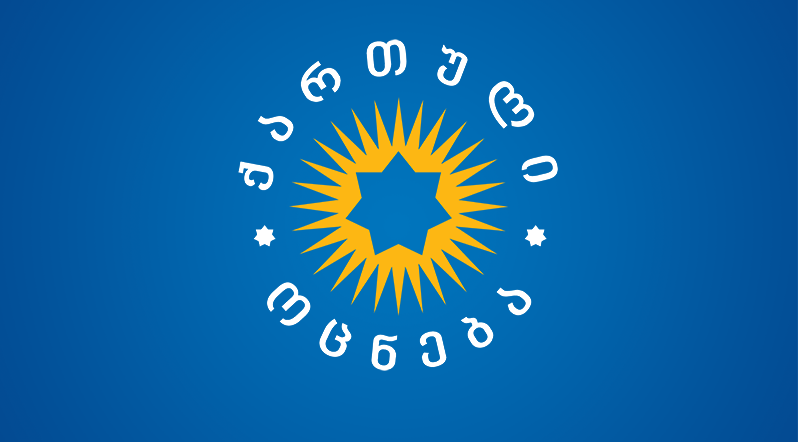GD explains Supreme Court appointments, accuses individual officials of misleading strategic partners
The ruling Georgian Dream (GD) party issued a statement on the Supreme Court judicial appointments following sharp criticism by the European and American partners.
MPs Irakli Kobakhidze, Archil Talakvadze and Shalva Papuashvili responded to Secretary Blinken, who deemed judicial reform critical to Georgia’s success.
The ruling party is much worried that the main strategic partner of Georgia obtained distorted information about the implementation of the political agreement at the highest level due to unconscionable actions of individual officials.
“Similar acts threaten any dialogue that may take place in the future around various domestic issues,” the statement reads.
GD claimed the parliament-endorsed judicial law fully reflects Venice Commission recommendations, including complete openness and publicity of voting, score-based decisions of High Council of Justice (HCoJ), as well as the fourfold appeal rule for the HCoJ decisions.
“All EU-brokered paper terms were strictly fulfilled. The government refrained from appointing Supreme Court judges under old rules, and HCoJ paused the interviews as advised by international partners. The parliament passed a law outlining all three key recommendations of the Venice Commission; the new law also allowed additional candidates to participate in the selection process,” GD statement reads.
MPs pledge the Georgian parliament had met all the conditions of the EU-brokered document on judicial reform published on March 31. This part of the document has not been revised in the final agreement signed on April 19, GD stressed.
The ruling team MPs vow to be ready to discuss this issue with international partners “to shed light on the truth.”
Georgian Parliament approved six of nine Supreme Court judges during an extraordinary session on July 12, 2021.
Georgia’s Supreme Court nominations triggered backlashes from the international community, “as it took place in an environment where there is a lack of public trust in the independence of the judiciary,” OSCE’s recent report reads.

